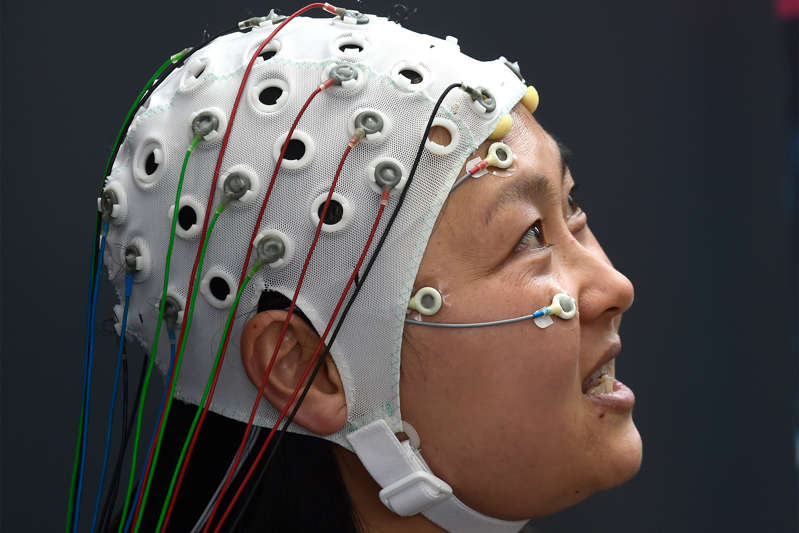
Scientists in Sweden have developed a simple and reliable method for diagnosing Alzheimer's disease at the earliest stages, which should help more effective treatment of patients. The disclosed approach includes a blood test and three cognitive tests that take only 10 minutes to complete. The new method is 90 percent accurate. This is reported in an article published in the journal Nature Medicine.
The study involved 340 patients from Sweden and 543 patients from North America with mild memory impairments. Experts assessed the level of biomarkers of Alzheimer's disease, such as phosphorylated tau protein in blood plasma, the ratio of two forms of beta-amyloids Aβ42 (in the 42 amino acid chain) and Aβ40 (40 amino acids), a thin polypeptide neurofilament in plasma, associated with Alzheimer's disease variant of the APOE gene …
Plasma tau protein detection was 83 percent accurate in predicting the onset of Alzheimer's disease over the next four years. When combined with the APOE analysis cognitive test results, the prognosis improved by up to 90 percent.
According to neuroscientist Oskar Hansson of Lund University in Sweden, the algorithm allows people with early manifestations of Alzheimer's to be recruited for clinical trials when new drugs are more likely to slow neurodegenerative progression. It also allows detection of dangerous disease where more expensive procedures, including brain imaging or analysis of cerebrospinal fluid, are not possible.
According to the World Health Organization (WHO), there are currently about 50 million people with dementia in the world, and there are almost 10 million new cases of the disease every year. The most common form of dementia is still incurable Alzheimer's disease, which accounts for 60-70 percent of all cases.

